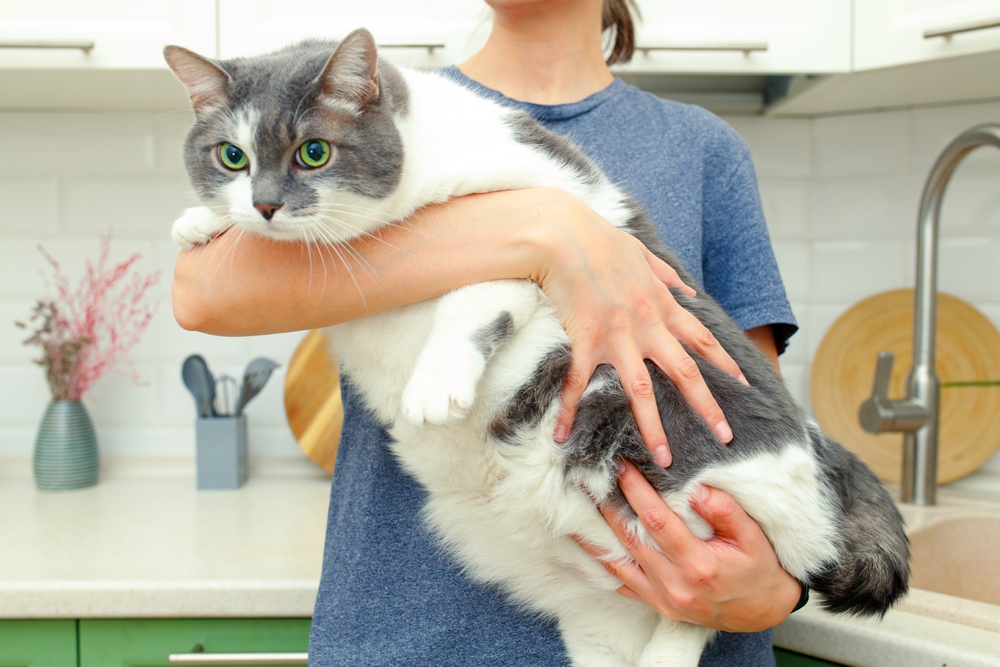Pets can’t verbalize when something is wrong, but they often show signs that can indicate underlying health issues. Our Companion Veterinary Clinic team wants your pet to get the care they need as soon as possible, so we explain pet health signs you should never ignore.
Critical clue 1: Your pet’s appetite or water intake changes
Whether your pet is a food-motivated chow hound or a finicky feline, knowing their normal eating and drinking habits is important so you can recognize changes. Any deviation in your pet’s appetite or water intake can indicate a serious health issue. Considerations include:
- Decreased appetite — A decreased appetite can indicate various issues, such as pain, illness, and stress. In addition, cats who eat nothing for an extended period are at risk for a serious, potentially life-threatening condition called hepatic lipidosis.
- Increased appetite — An increased appetite can also be cause for concern, because some conditions, such as diabetes, hyperthyroidism, Cushing’s disease, and parasite infections, can make your pet feel hungrier.
- Decreased thirst — Many ill or painful pets avoid their water bowl, and a lack of water can quickly lead to dehydration.
- Increased thirst — Conditions such as diabetes, kidney disease, and Cushing’s disease can lead to increased thirst.
Critical clue 2: Your pet has breathing difficulties
Adequate oxygenation is vital for life, and breathing abnormalities can signify your pet has an issue such as respiratory infection, heart disease, asthma, or an anaphylactic reaction. Seek immediate veterinary care if your pet has difficulty breathing. Signs include excessive panting, exaggerated abdominal movement while breathing, holding the head close to the ground, and pale or blue mucous membranes.
Critical clue 3: Your pet has eye or ear issues
Persistent eye discharge, redness, or cloudiness can indicate infections, injuries, glaucoma, or other eye conditions that require prompt treatment.
Ear discharge, foul-smelling ears, and excessive ear scratching can indicate ear infections, mites, or allergies.
Critical clue 4: You see changes in your pet’s coat or skin
Lumps, hair loss, excessive itchiness, and red or flaky skin all need veterinary attention. Our team should investigate lumps to rule out tumors, cysts, or abscesses and evaluate other skin issues to determine if they are caused by infection, allergies, or an endocrine disorder.
Critical clue 5: Your pet’s behavior changes
Any change in your pet’s behavior can indicate an underlying health problem. Unexplained lethargy or a noticeable decrease in activity may indicate pain, infection, anemia, or other serious conditions, while changes such as aggression or anxiety may indicate pain, neurological issues, or hormonal imbalances.
Critical clue 6: Your pet has persistent vomiting or diarrhea
Many pets have an occasional gastrointestinal (GI) upset that isn’t necessarily concerning, but persistent vomiting or diarrhea, especially with other signs such as lethargy, fever, or abdominal pain or distention, could indicate a serious health problem like toxicity, foreign body ingestion, bloat, infection, and pancreatitis. In addition, ongoing vomiting or diarrhea can lead to dehydration.
Critical clue 7: Your pet has bad breath
Bad breath may not seem concerning, but may indicate your pet has dental disease, which can cause serious problems for pets, including systemic health issues involving their heart, kidneys, and liver. Other concerning signs include excessive drooling, difficulty eating, red, swollen gums, and finding blood on your pet’s chew toys.
Critical clue 8: Your pet has mobility issues
Sudden limping, stiffness, or reluctance to move can indicate injuries, arthritis, or neurological disorders. Early intervention is important to prevent further damage and alleviate pain.
Critical clue 9: Your pet has unexplained weight fluctuations

Unexplained weight loss may indicate issues such as cancer, hyperthyroidism, diabetes, or GI issues, while unexpected weight gain can indicate hormonal imbalances such as hypothyroidism or Cushing’s disease. Monitor your pet’s weight, and let our team know if you notice unexplained fluctuations.
Early detection and treatment are key to addressing health issues before they become more serious. Contact our Companion Veterinary Clinic team if you see any concerning changes in your pet’s behavior or health.







Leave A Comment